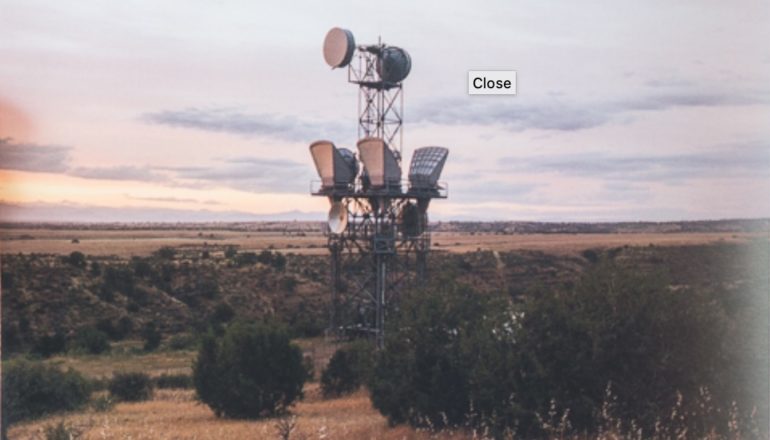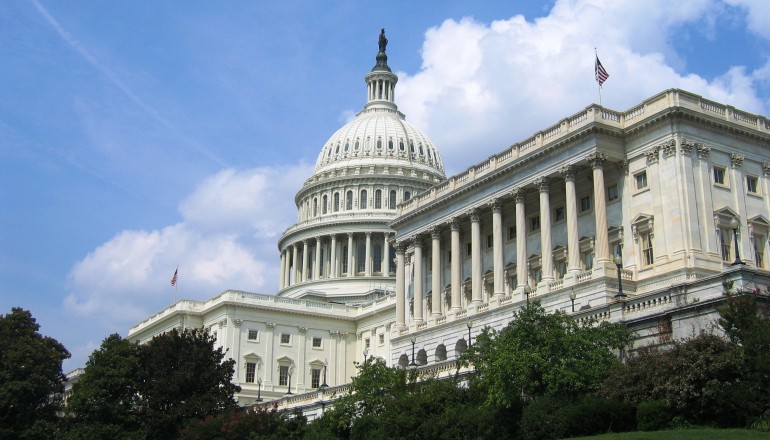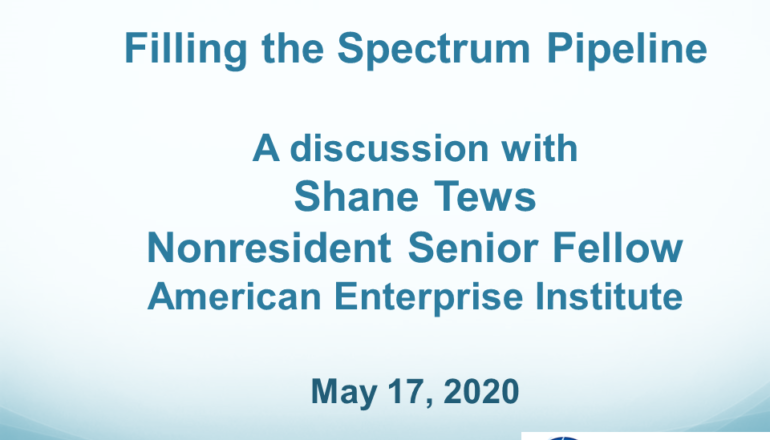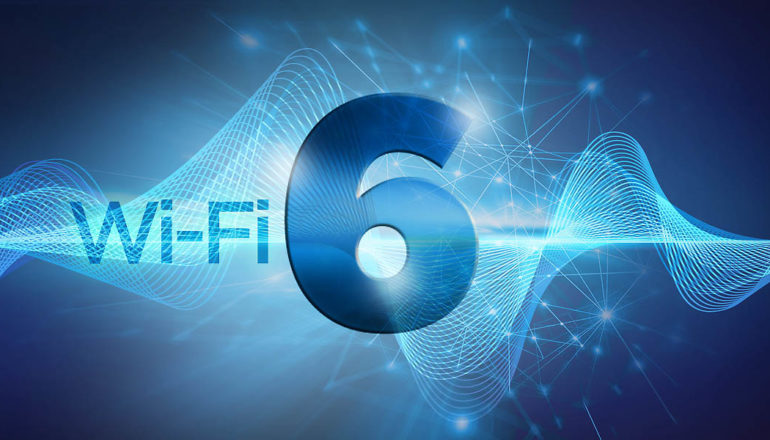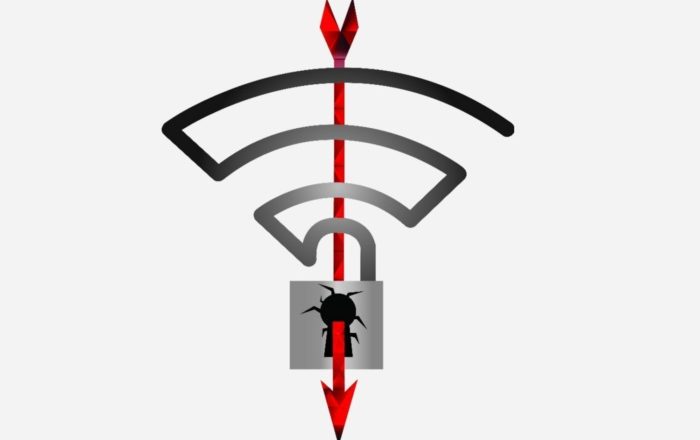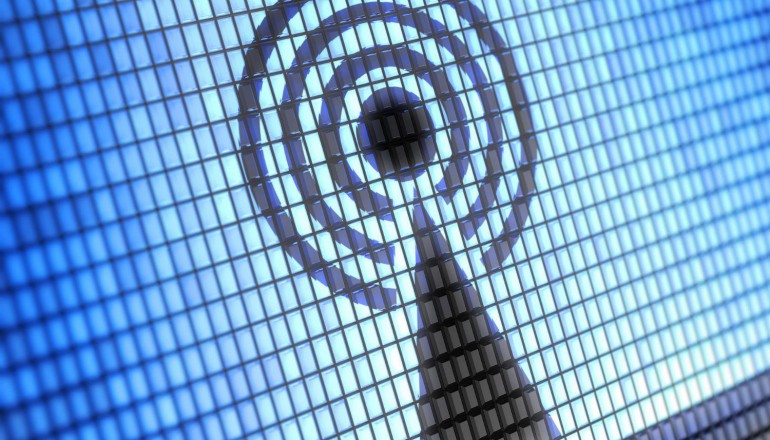Spectrum Policy is Too Politicized
Spectrum policy needs to be guided by the realities of network engineering rather than the desires of network incumbents to protect legacy business models from competition from wireless upstarts. Spectrum policy need not be a team sport.
Effective and Efficient Wireless Networks
Many government systems can be replaced by modern upgrades with zero incremental spectrum footprint above the commercial and private systems on which the highly productive civilian sector depends. Look at FirstNet.
Shane Tews on Filling the Spectrum Pipeline
Transferring spectrum from old to new users have proven to be much speedier and easier than imagined by PCAST and similar plans of 10 – 15 years ago. Getting governments and government agencies to cooperate is the harder problem.
Comparing Wi-Fi 6E Gateways: Netgear vs. Asus
In the last post we shared some preliminary impressions of Wi-Fi 6E vs. Wi-Fi 6. 6E is identical to 6 except that 6E uses the 6GHz frequency band while 6…
Multi-Gigabit SOHO Networks are Here
The era of multi-gigabit networks is here for residential and SOHO users. Wi-Fi 6 is in the indirect enabler.
How We Share Spectrum
Barring the advent of some new technology that allows you and your neighbors to use the same band at the same time with absolutely no interference, this is all there is. We will have have such a technology someday, but we quite have it yet.
Resolving the 6 GHz Conundrum
I’m proposing that the FCC releases 480 MHz of bandwidth in the 6 GHz band for a pilot project. The terms of the pilot are as specified, three high speed, indivisible 160 MHz channels supported by ongoing work on inter-access point coordination.
Shane and Richard on Wi-Fi, Security, and Europe
In this edition of the podcast, Shane and Richard talk about setting up a Wi-Fi network for optimal security and performance, recent developments in security, and what’s going on in Europe with copyright enforcement and privacy.
FCC Marriott Consent Decree Makes KRACK Attack Worse
By now you’ve certainly heard about the KRACK Internet security nightmare afflicting Wi-Fi. The exploit, discovered by Mathy Vanhoef and Frank Piessens, leverages a vulnerability in the IEEE 802.11i standard for data…
Why LTE Unlicensed Outperforms Wi-Fi
The hottest issue in unlicensed wireless spectrum policy is the conflict between Wi-Fi and LTE Unlicensed (“LTE-U”). Some advocates are pressing for restrictions on LTE-U, even going to far as…



